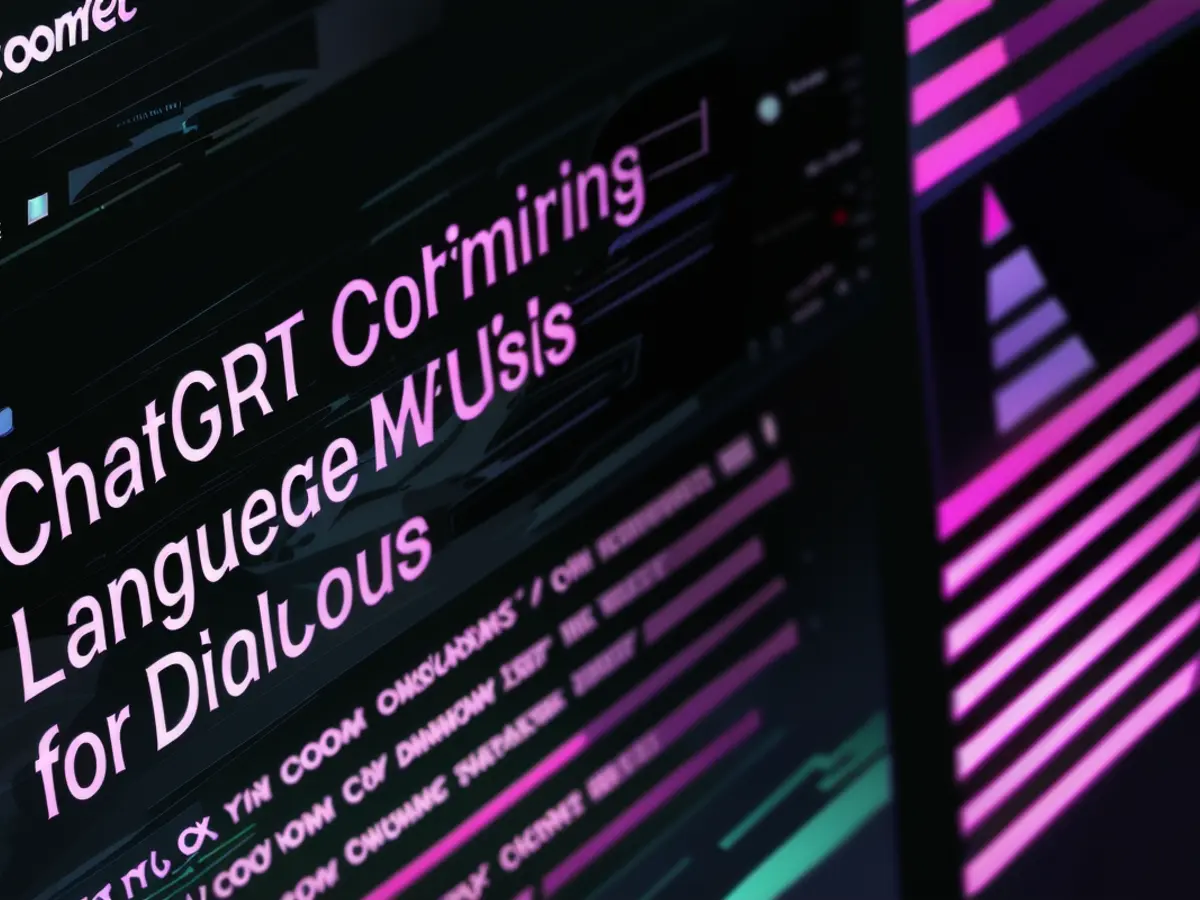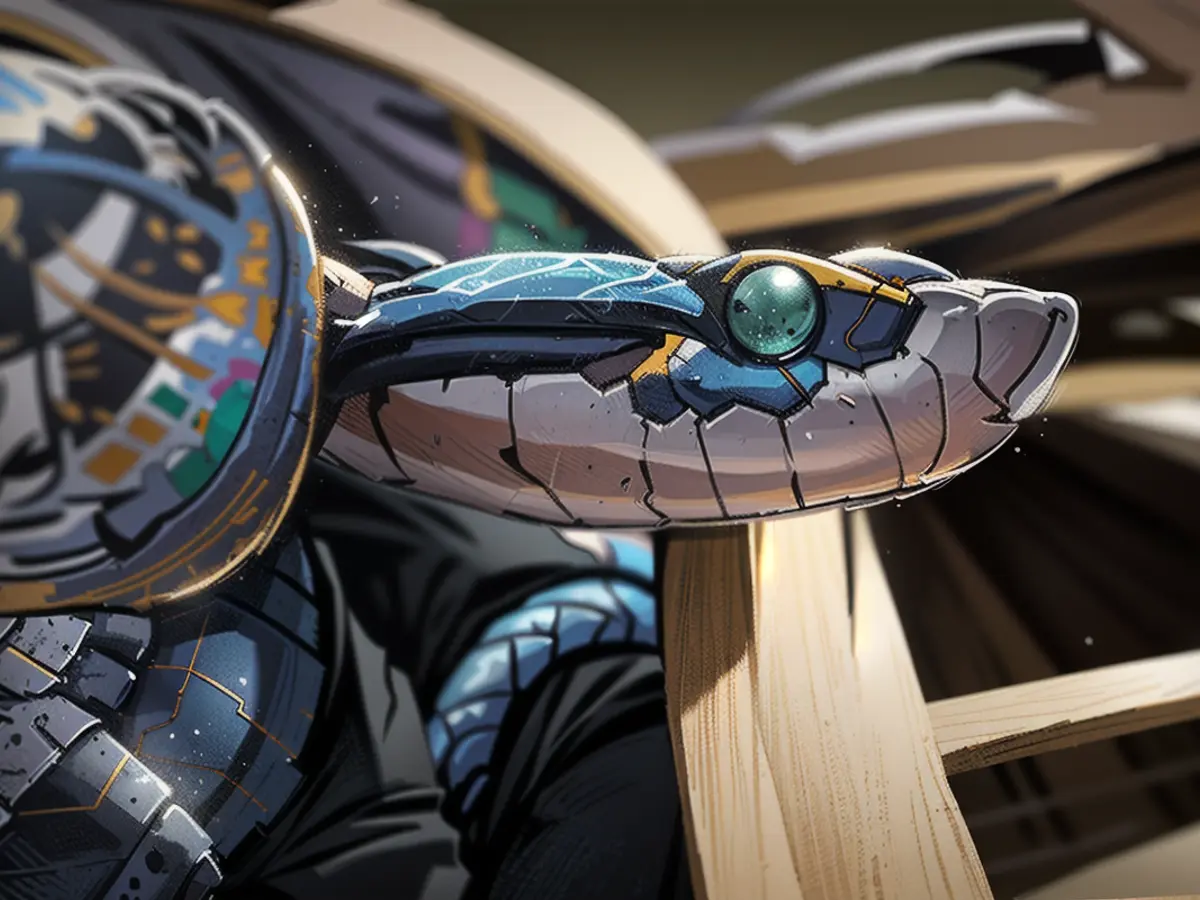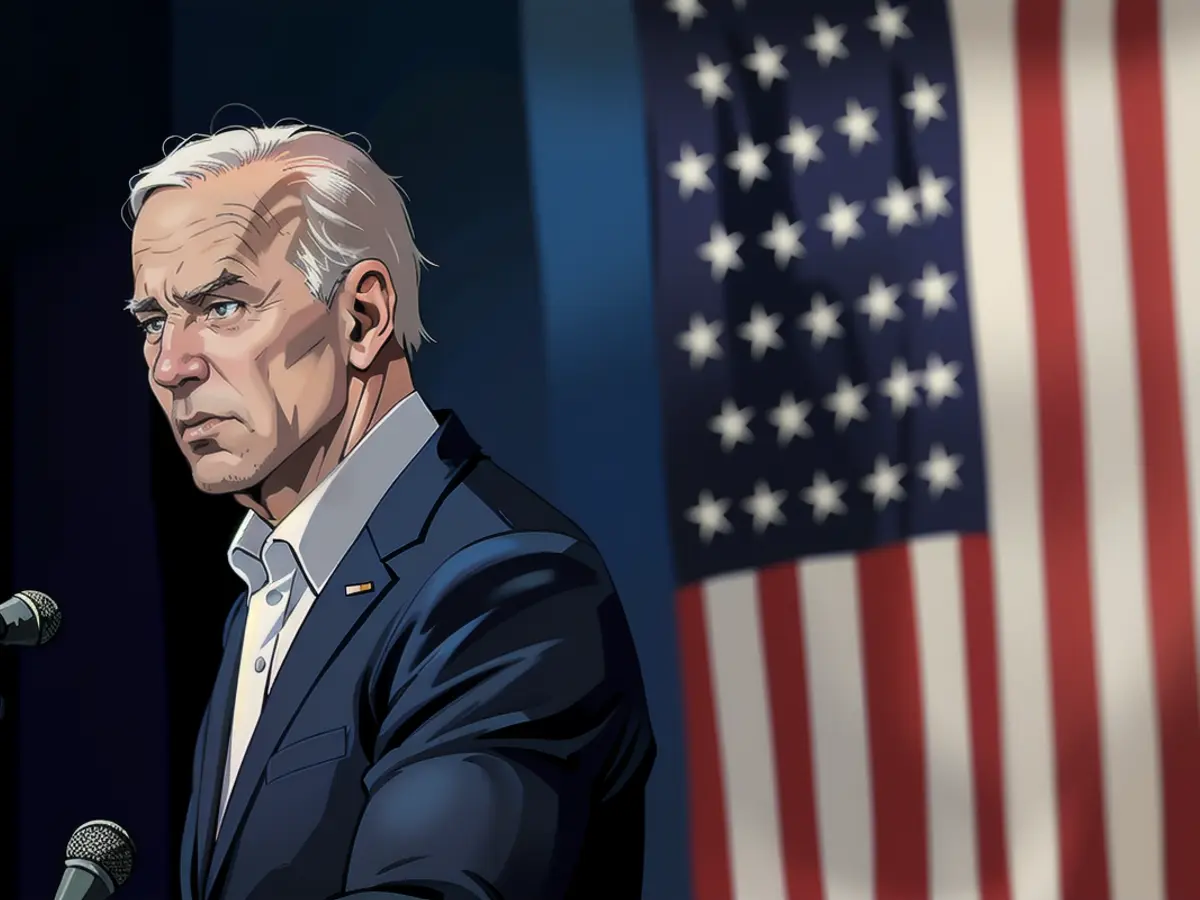Perspective: As a 16-year-old high schooler, I believe young journalists are significant for several reasons.
I've observed how presidential candidates have managed to evade answering straightforward questions with answers that wouldn't hold up in local town meetings; where everyone can act as a journalist, demanding accountability from local officials.
As a 16-year-old eager to become a journalist, I've been labelled a "clown," a "disruption," and a "joke" — not by my friends or classmates, but by political campaign staff and operatives.
I've asked presidential candidates tough yet respectful questions, like "Did Trump violate the peaceful transfer of power?" and "Was January 6 a danger to democracy?" I've asked questions to both Democrats and Republicans, with a focus on the Republican Party after the Democratic Party took away New Hampshire's first-in-the-nation status.
However, I encountered some hostility at Republican events. I was removed from a Ron DeSantis event by the police and faced physical intimidation from his security team. At an event called "Our Great American Comeback" in New Hampshire, DeSantis ignored my question about the peaceful transfer of power, despite previous remarks championing its importance. A week later, DeSantis' security team confronted me after I asked him to revisit his response on January 6; he simply replied, "Come to my next event."
Last November, I faced the same treatment at an event with former South Carolina Governor, Nikki Haley. After following her Q&A instructions, she avoided answering my question, and her team promptly escorted me away.
These incidents are part of a growing problem. Young journalists regularly face silencing from authority figures, and student journalists across the nation aren't guaranteed full First Amendment protection — discouraging student participation and sparking fears of legal action.
It's imperative to empower my generation to speak up without fear. With the 2024 presidential election scheduled for November, young people hold immense power to effect change. According to a Tufts study, Gen Z will comprise over 40 million voters, making up nearly one-fifth of the American electorate.
However, we can't be sure who runs the show: super PACs or the candidates. The increasing political, social and economic divisions worry me, amplifying the importance of posing tough questions to politicians, specifically on subjects they may wish to avoid. This history of censorship in the United States stretches back to the Alien and Sedition Acts of 1798, which criminalized "any false, scandalous, and malicious writing" about the government.
If candidates can't converse with respect and comprehension, how can we tackle existential threats to our future? I attempted to ask them about these issues, but some may believe Gen Z is too young and unaware to comprehend national policy.
Young people generally feel they're inheriting a troubled and burning world, one wherein resources are disappearing and dreams of a brighter future for the next generations have vanished.
Reframing my experiences as a call to action, I'll continue practicing amateur journalism wherever possible, promoting my peers' participation in the process, and posing the difficult questions politicians are desperate to steer clear of. It's a duty and responsibility we share.

Read also:
- This will change in December
- Dikes withstand water masses so far - Scholz holds out the prospect of help
- Fireworks and parties ring in 2024 - turn of the year overshadowed by conflicts
- Attacks on ships in the Red Sea: shipping companies avoid important trade route
Source: edition.cnn.com








